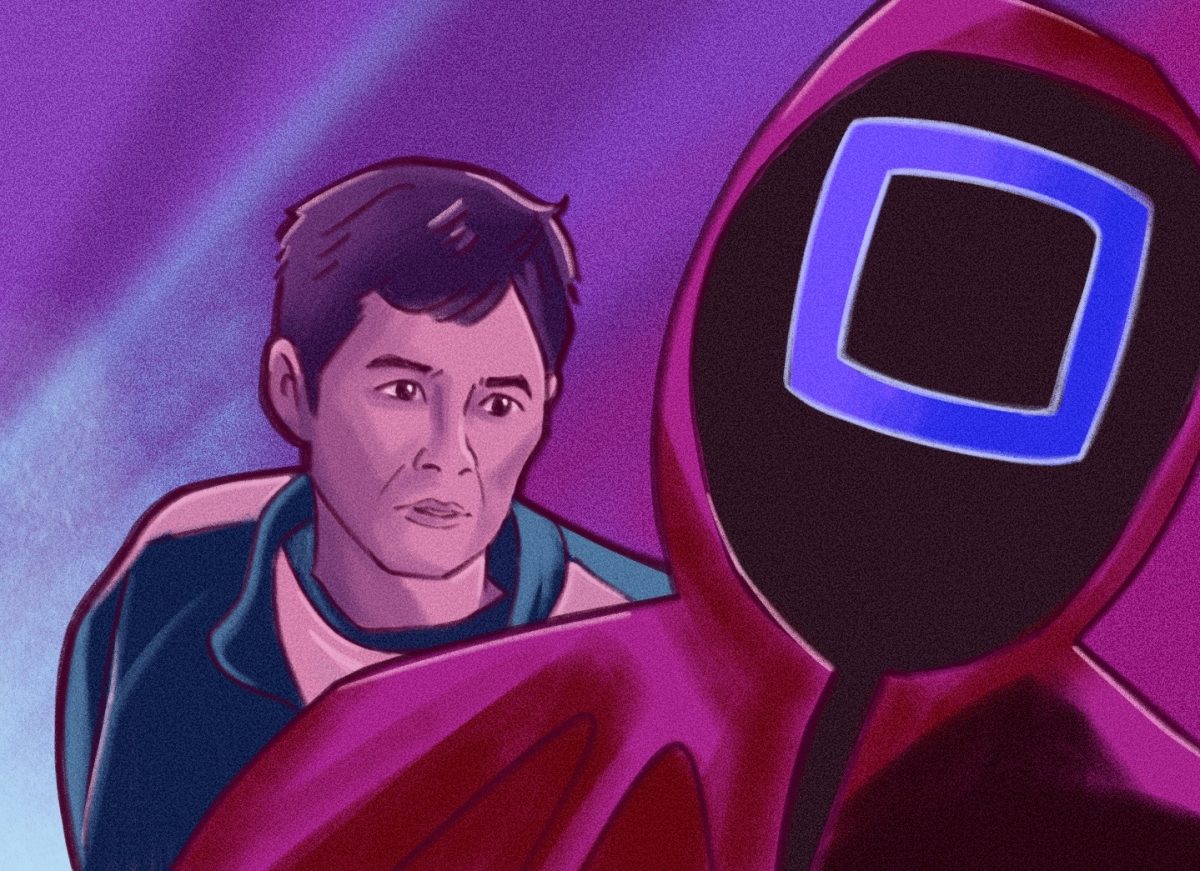From deadlier games to unexpected betrayals, “Squid Game” returned with its second season on Dec. 26, ranking the No. 2 most-watched non-English series on Netflix after “Squid Game” season one.
Set approximately three years after Gi-hun’s first victory in the Squid Game, the new season follows his determined efforts to dismantle the organization by re-entering the games as a player with the help of police officer Wi Ha-joon.
Fans may be hesitant to start the new season, wondering whether it will hold up compared to the widely-loved initial launch of the show in 2021. However, the creators maintain a steady plot development throughout the new season that matches the cinematic quality of its predecessor, as seen through the suspenseful action shots and symbolic color palette of the set.
Despite its dynamic and captivating scenes, “Squid Game” season two fails to answer lingering questions from the first season. From the backstory of “The Front Man” to the betrayal and identity of Sea Captain Park, season two presented itself more as a cliffhanger and build-up to “Squid Game” season 3 than a distinct story.
By introducing so many new characters, the creators did not leave enough time to thoroughly flesh them out. The emotional attachment viewers feel to the new players pales in comparison to their bonds with characters in season one, including Sae-byok and Ali.
The games themselves this season were also not as thrilling as those in the first season. The first episode, in which two characters play a deadly game of Russian roulette separate from the games, is much more nerve-wracking than any of the actual Squid Games.
Unlike season one, which focused solely on the games and the personal stories of the individual players, season two presented a new angle, concentrating on the effort to overthrow the entire organization and to put a definite end to the Squid Games. Gi-hun’s efforts are not only an attempt to end the violence happening in the games but also a critique of the systematic inequality and capitalism that permeates South Korean society. In a compelling twist, the games utilize the voting system more, creating immense conflict between the players in whether to stop or continue playing and emphasizing thematic topics in the show such as greed, survival and manipulation.
From the beginning of season two, Gi-hun’s change in character is evident: he is not the same gullible and immature character but is serious and forlorn, unable to move past the death of his friends in the game. This realistic portrayal of Gi-hun’s survivor’s guilt makes his struggles emotionally resonant.
Season two also hones in on police officer Wi Ha-joon as he endeavors to find his brother and convince the fellow authorities of the organization’s existence. After being revealed as “The Front Man’s” brother in season one, Ha-joon’s desperation to stop the games is largely motivated by his desires for reconciliation. However, compared to the action going on in the Squid Games, the plot line with Ha-joon is minimal and underdeveloped as they do not make any real progress towards finding the Front Man or the island hosting the Squid Games.
One thing is for sure: after watching this season, viewers are waiting on the edge of their seats for the third and final season coming out later in 2025 to uncover answers for the burning questions created by seasons one and two.






